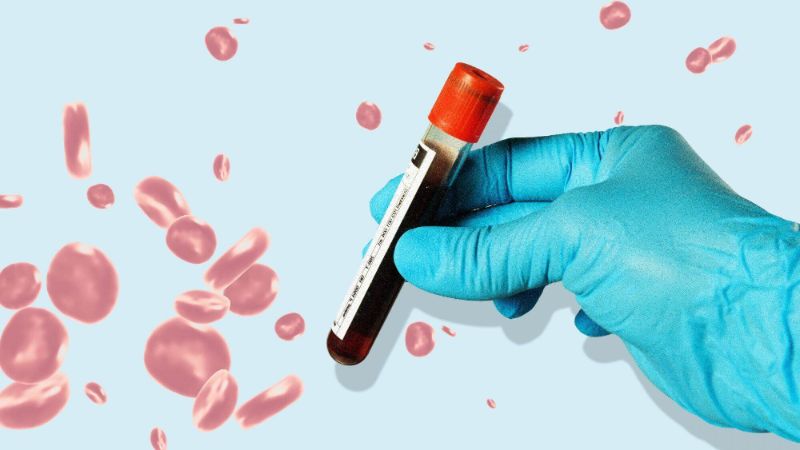Hemogram tests, also known as complete blood count (CBC) tests, play an important role in diagnosing and monitoring various diseases. The tests results provide beneficial information regarding a person’s health which consists of haemoglobin and glucose level among others. Also, people should be aware of Hemogram test price may vary as per the healthcare provider and location. This article focuses on why hemogram tests are important in diagnostic and monitoring of diseases.
Understanding Hemogram Tests:
A hemogram test is a test that evaluates several characteristics of blood, like red blood cells (RBCs), white blood cells (WBCs) and platelets. Each one of these elements provides the leading information on the health situation of a person. RBCs are that which is responsible for the transportation of oxygen all over the body. On the other hand, WBCs are an important player in the immune system’s reaction to infections. Platelets are necessary for clotting, which reduce blood discharge and prevent haemorrhaging.
Diagnostic Applications:
Hemogram tests are regarded as a tool for the diagnosis of quite a few medical conditions. For example, a low level of RBC count can be an indication of anemia while a high level of it can remind us about dehydration and polycythemia. Any anomalies (high or low) in the number of white blood cells might be an indication of an infection, inflammation or leukemia. Platelet count variations can in some disorders indicating bleeding disorder or bone marrow problem. Thus, doctors can distinguish health issues by doing so and also come up with relevant treatment programs.
Monitoring Disease Progression:
Besides diagnose, hemogram tests are also vital in therapy because they can be used to track the development of certain types of diseases. For example, blood cancer patients who receive chemotherapy routinely may need to perform RBC and white blood cell count tests to monitor blood cell count. Healthcare practitioners can use these tests to evaluate the treatment course and make change for the better if required. On the same hand, patients with long lived illness such as leukemia or HIV/AIDS needs the routine hemogram monitoring to measure their illness progress and give the right treatment plan.
Role in Preventive Healthcare:
Hemogram test is considered the most essential parameter in preventive healthcare. Consistent screenings can catch the early symptoms of future diseases on which protective and, probably, cure measures can be based. In addition, unexplained neutrophil or lymphocyte quantities provide a clue to check for hidden conditions such as infections and autoimmune diseases. Through this, hiccups can be gotten early and thereby preventing complicated cases to developing and the health outlook for patients could be better.
Importance of Accuracy and Precision:
One of the most important thing for the hemogram test is reaching an exact result. Examples including sample processing, validation and calibration of instruments and laboratory techniques can likewise impact test results. Thus, it’s critical to demonstrate that you have a system for quality control to guarantee the reliability of hemogram results. Besides analyzing tests results, healthcare providers should take account of personal factors of patients including age, gender, and medical history to obtain the outcomes of diagnosing a condition or therapy and to safeguard the patients from wrong diagnosis or avoid an any alarm.
Challenges and Limitations:
Hemogram tests are useful although they also have limitations, which is a factor that needs to be taken into consideration. For instance, while these tests help with diagnosis, very often, they don’t lay out the choosing cause of the abnormalities. It might be important to use other diagnostic tests possibly other assessments for the purpose of diagnosis accuracy and treatment planning. Besides, reading a hemogram report needs very advanced knowledge and experience that stresses the point of mutual communication in health care.
Conclusion:
The hemogram tests constitute an essential element of the disease diagnosis and monitoring methods, resulting in helpful data on person’s health status. Anemia screen tests are used to detect the disease at its early stage, monitor the disease progression and guide the treatment process, becoming an essential part of healthcare process. Hemogram tests being essential in the diagnosis, the accuracy and precision are to be minimum to help the health providers use this diagnostic tool to provide patients with the best outcomes and overall, wellbeing. Nevertheless, individuals should be aware of the hemogram test price and consider factors like accuracy, precision, and accessibility.

